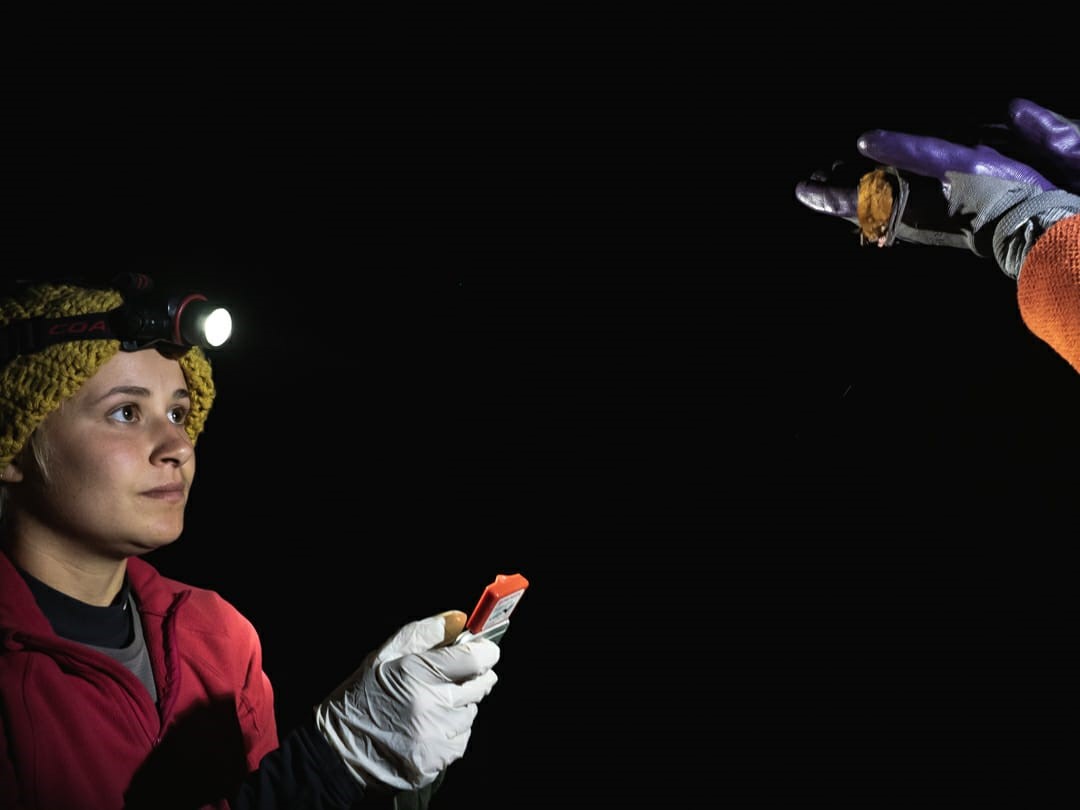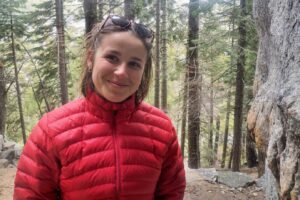University of Oxford
11a Mansfield Rd
OX1 3SZ
UK
Dillan Hoyt
Background
As a 16-year-old, I attended United World Colleges, Costa Rica, where I represented Great Britain in a school whose ethos is to create leaders of peace and change for a sustainable future. This experience- paired with my year abroad at the University of Nottingham Malaysia Campus as an undergraduate- reinforced my love of tropical ecology and conservation.
Research Interests
I have been very fortunate to conduct ecological research in multiple international field settings across five continents – ranging from baseline inventorying and standardized monitoring to behavioural studies on critical seed dispersers. My research broadly investigated the effects of land-use change on biodiversity, where I used bats as models to explore this.
Most recently, I worked as a research associate for the Florida Fish and Wildlife Conservation Commission, where I investigated habitat selection of a critically endangered mammal in Southern Florida; the Florida bonneted bat (Eumops floridanus).
Current Research

Habitat degradation and fragmentation are the main drivers of biodiversity loss globally. The conversion of forests to urban and agricultural areas has created highly fragmented landscape mosaics, with severe consequences for biodiversity. My research explores the long-term effects of how fragmentation affects biodiversity, to find solutions that promote biodiversity as we continue altering forest habitat.
I will use bats as model taxa to explore this research question, as they provide a plethora of ecosystem services, such as pollination, pest-control and seed-dispersal, and play important roles in maintaining the structure and function of tropical forests. Their local abundance and ecological diversity qualify them as a well-suited indicator group. Multiple studies have investigated the short-term effects of fragmentation on their taxonomic, phylogenetic, and functional diversity, however, little is known about the long-term spatiotemporal dynamics of tropical bat responses to fragmentation. My research will take place in Panama and the Brazilian Amazon, where previous bat research has been conducted over the decades.
Exploring the temporal dynamics of taxonomic, functional and phylogenetic dimensions of bat diversity will provide important insights into how forest fragmentation affects tropical biota, which in turn can shape policy and inform land managers of best practices to support biodiversity within human-modified landscapes.
Brief CV
2022 – 2023 Research Associate at Florida Fish and Wildlife Conservation Commission
2021 – 2022 Biological technician at Florida Fish and Wildlife Conservation Commission
2019 – 2021 MSc Island Biodiversity and Conservation, University of Exeter
2018 – 2019 Chiropterologist and research technician
2015 – 2018 BSc Environmental Biology, University of Nottingham

